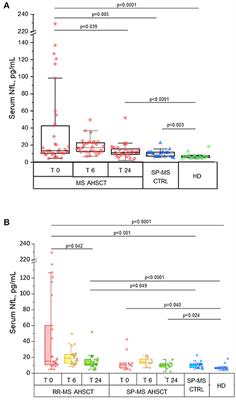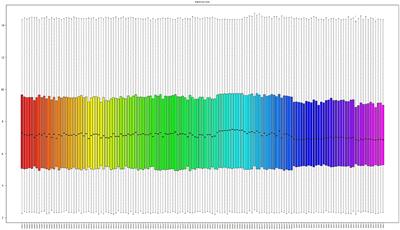ORIGINAL RESEARCH
Published on 16 Aug 2022
Deconvolution of B cell receptor repertoire in multiple sclerosis patients revealed a delay in tBreg maturation

doi 10.3389/fimmu.2022.803229
- 3,300 views
- 7 citations
29k
Total downloads
91k
Total views and downloads
Select the journal/section where you want your idea to be submitted:
ORIGINAL RESEARCH
Published on 16 Aug 2022

ORIGINAL RESEARCH
Published on 21 Mar 2022

ORIGINAL RESEARCH
Published on 28 Feb 2022

ORIGINAL RESEARCH
Published on 24 Feb 2022

BRIEF RESEARCH REPORT
Published on 07 Feb 2022

BRIEF RESEARCH REPORT
Published on 01 Feb 2022

ORIGINAL RESEARCH
Published on 20 Jan 2022

ORIGINAL RESEARCH
Published on 13 Jan 2022

ORIGINAL RESEARCH
Published on 16 Dec 2021

ORIGINAL RESEARCH
Published on 14 Dec 2021

ORIGINAL RESEARCH
Published on 08 Dec 2021

ORIGINAL RESEARCH
Published on 07 Dec 2021


Frontiers in Neurology